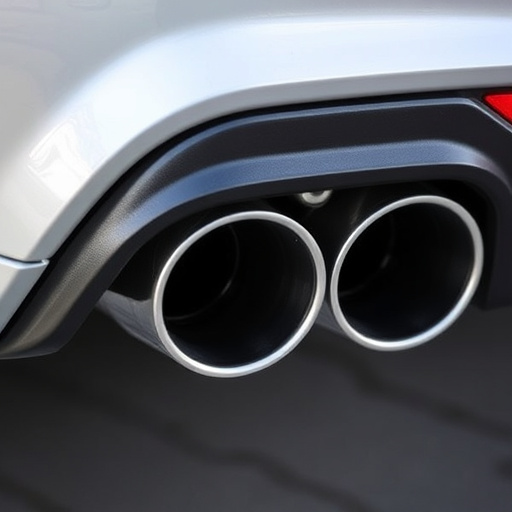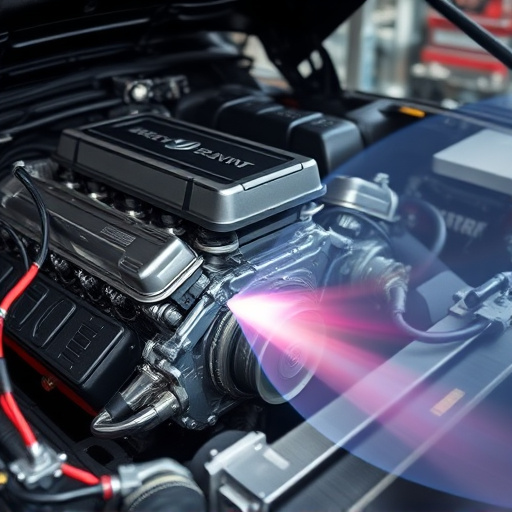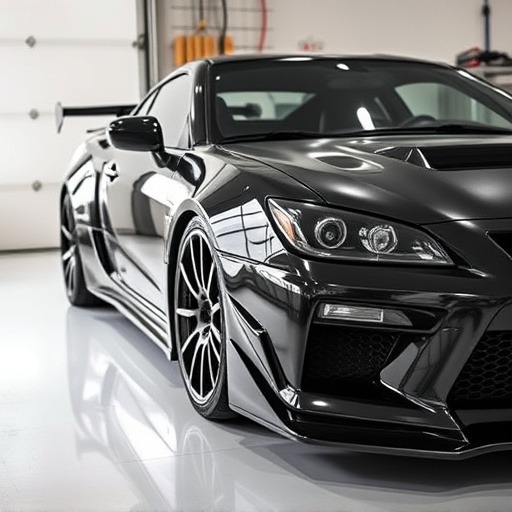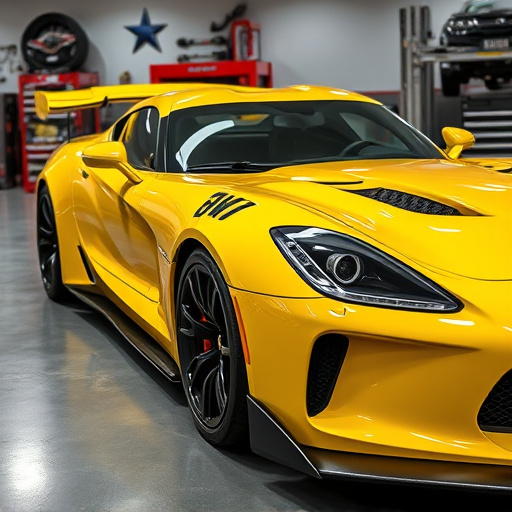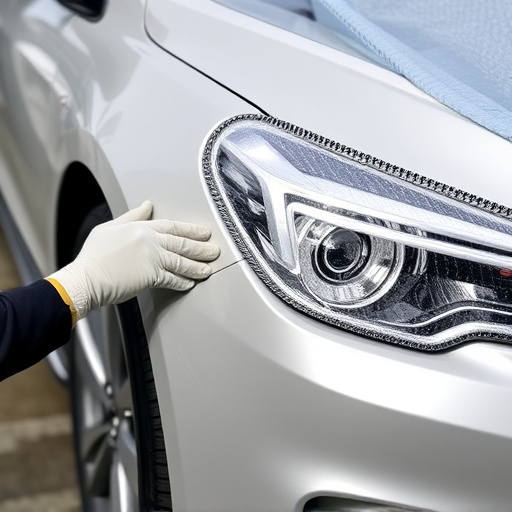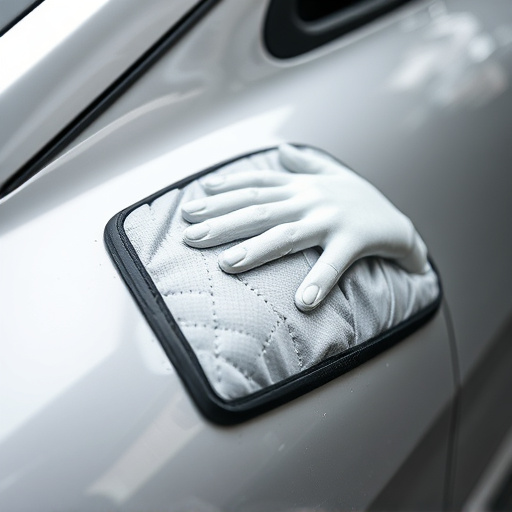Choosing UV-resistant adhesives and coatings with ceramic finishes protects food truck wraps from sunlight damage and maintains vibrant custom graphics. Proper surface prep, including cleaning and priming, ensures adhesion and prevents fading. Regular cleaning, protective coating, and quick repair of damage extend wrap lifespan, keeping your food truck looking fresh and professional.
Food truck owners know the importance of eye-catching graphics on their vehicles to stand out in a crowded street. However, outdoor exposure takes its toll, leading to fading and UV damage. This article explores how to protect your food truck wraps from these hazards. We’ll guide you through choosing durable UV-resistant materials, effective application techniques, and essential maintenance tips to ensure vibrant, long-lasting designs that make your food truck shine.
- Choosing UV-Resistant Materials for Food Truck Wraps
- Application Techniques to Prevent Fading
- Maintenance and Longevity Tips for Wrap Protection
Choosing UV-Resistant Materials for Food Truck Wraps

When designing food truck wraps that resist fading and UV damage, selecting the right materials is paramount. Opting for UV-resistant adhesives and coatings is a strategic step in ensuring longevity. These specialized products shield the wrap from the sun’s harmful rays, preventing premature fading and degradation.
Moreover, using materials with superior scratch resistance adds an extra layer of protection. Custom graphics can be achieved without compromising vehicle protection, allowing for eye-catching designs that withstand the elements. Premium automotive services often recommend these advanced materials, emphasizing both style and substance in food truck wraps.
Application Techniques to Prevent Fading
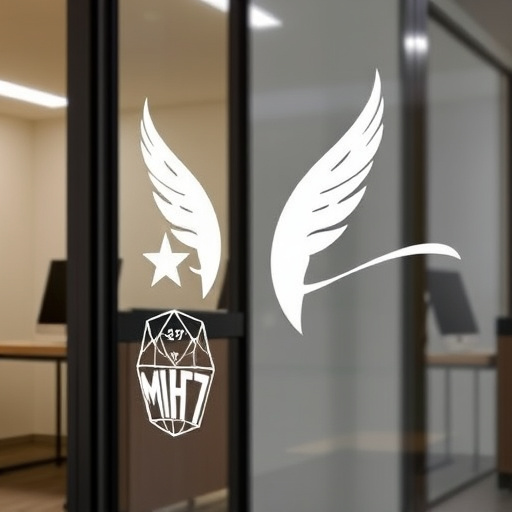
To ensure food truck wraps remain vibrant and resistant to fading, several application techniques can be employed. First, using a high-quality, durable wrap material is essential. These materials are designed with UV protection in mind, blocking harmful rays that can cause colors to fade over time. Custom vehicle wraps that incorporate ceramic coating further enhance protection against environmental elements, including moisture and extreme temperatures.
During the installation process, proper preparation of the surface is critical. This involves cleaning and decontaminating the food truck’s exterior to remove any dirt, grease, or residue that could impede the wrap’s adhesion and protective properties. Additionally, applying a base coat or primer specifically designed for wraps can offer an extra layer of protection against fading, as these products are formulated to seal in colors and prolong the life of the wrap.
Maintenance and Longevity Tips for Wrap Protection
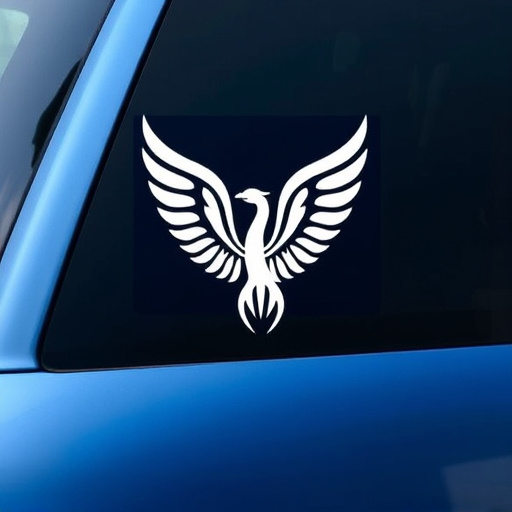
Proper maintenance is key to extending the life of your food truck wraps and ensuring they maintain their vibrant colors and protective properties. Regular cleaning is essential; use mild soap and warm water to gently wash the wraps, avoiding harsh chemicals that could damage the material. After cleaning, thoroughly dry them with a microfiber cloth or towel to prevent water spots.
Additionally, consider applying a protective coating designed for vehicle wraps. This extra layer acts as a barrier against UV rays, fading, and stains, enhancing the overall durability of the wrap. As part of your routine maintenance, check for any signs of damage or peeling and address them promptly. Regular inspections allow you to maintain the integrity of your custom vehicle wraps, keeping your food truck looking fresh and professional for longer.
When it comes to investing in your food truck’s exterior, choosing UV-resistant materials and implementing proper application techniques can significantly extend the lifespan of your wraps. Regular maintenance, including cleaning and reapplication, is key to protecting against fading and damage. By following these expert tips, you’ll ensure your food truck wraps remain vibrant, eye-catching, and effective at attracting customers for years to come, enhancing your brand’s presence in the competitive mobile food industry.


